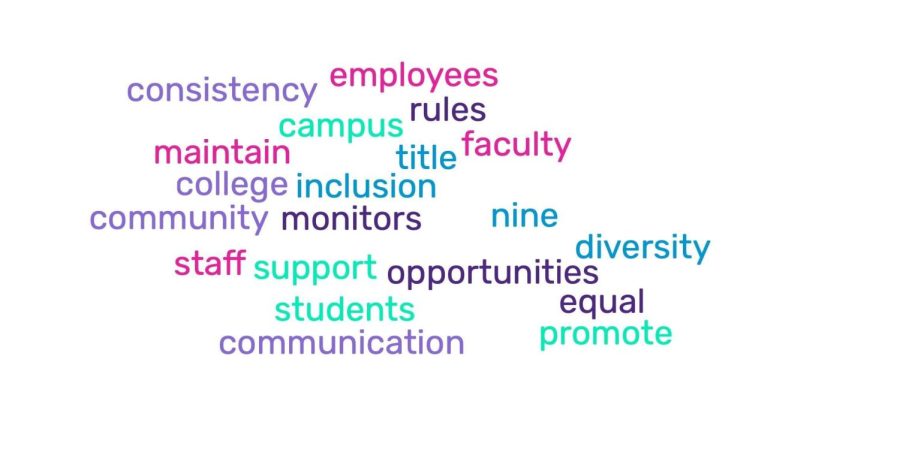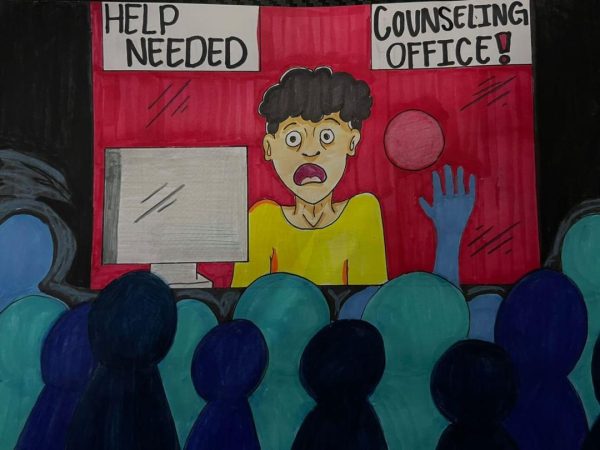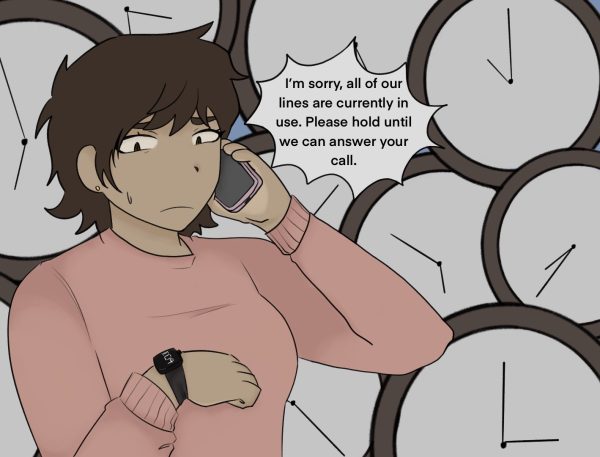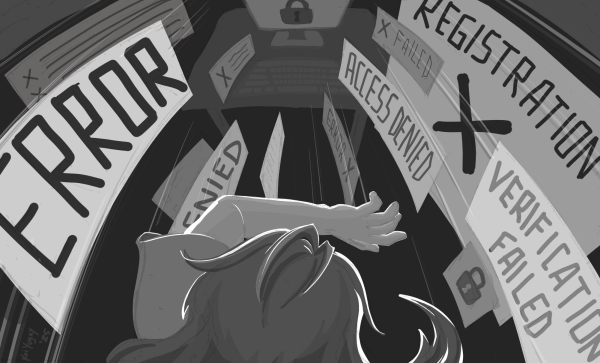Title IX is too complex, let’s fix it
The office of Title IX, Diversity and Inclusion works on cases dealing with sexual harassment, sexual misconduct and unlawful discrimination, yet issues such as bullying, mistreatment, mental and physical abuse take a backseat.
Although Title IX intends to protect all students and ensure their safety on campus, navigating the proper protocols can make it harder for students to come forward.
In addition to the office of Title IX, El Camino College has several other offices that handle similar student and employee issues, including Human Resources; The Assessment, Intervention, and Management of Safety Team; Student Development Office and Student Health Services.
El Camino College should expand the types of cases Title IX investigates to not only streamline the process of complaints and issues reported by the El Camino College community but also to lessen the number of departments that handle each case.
Title IX of the Education Amendments of 1972 prohibits discrimination based on sex, gender and race, including violent sexual acts in educational programs and activities.
All public and private schools, school districts, colleges and universities must comply with Title IX.
The Sexual and Gender-based Misconduct page on the El Camino College website includes a range of unwelcome behaviors focused on sex and/or gender that may or may not be sexual.
Many of these actions are in the annual Clery act produced by the El Camino Community College Police Department.
An annual report by the Office for Civil Rights summarizes the compliance and enforcement activities of significant civil rights, the Office for Civil Rights received 1,705 Title IX complaints in 2021.
Throughout the year, the Office of Civil Rights resolved 1,458 of those Title IX complaints.
When asked about the number of cases the El Camino Title IX office has received, Office of Title IX’s Administrative Assistant Amanda Webb said she could not disclose that information.
Students at El Camino are encouraged to file complaints of any alleged sexual- or gender-based misconduct by submitting a complaint in writing.
According to Webb, every allegation is taken seriously, however, figuring out which department each appropriate case goes toward remains complicated.
Cases are determined based on their protected class. Gender, gender identity, and sexual misconduct fall under Title IX. However, race, ethnicity and age discrimination will be considered a Title V case.
Generally, student grievances start at the Student Development Office and are handled through Director Greg Toya if they do not fall under a specific class.
Once determined, the person bringing the complaint must bring any documentation or experiences they’ve noted, the date it occurred and any other evidence proving harassment.
If accepted for investigation, an investigator will conduct interviews with the complainant, respondent and witnesses; then it will be determined if any board policies have been violated.
In cases of bullying, it will go through the Student Development Office as long as it is not based on the victim’s sexual identity or falls under one of the protected classes.
The Union was cut off before finishing their questioning and redirected to the Office of Marketing and Communications.
After interviewing Amanda Webb, The Union was invited to a separate meeting with Jaynie Ishikawa.
It’s clear that El Camino is thorough in their approach when ensuring the safety of students. The Office of Title IX’s efforts in highlighting diversity and inclusion remains commendable.
However, instances of abuse, bullying and general ill-treatment should be considered through the Title IX office to ensure all forms of harassment are being met with the same type of effort and importance to make certain all students and employees feel safe at El Camino College.
Editorials are unsigned and are written and voted upon by the editorial board.










